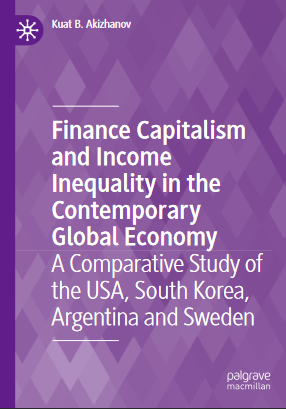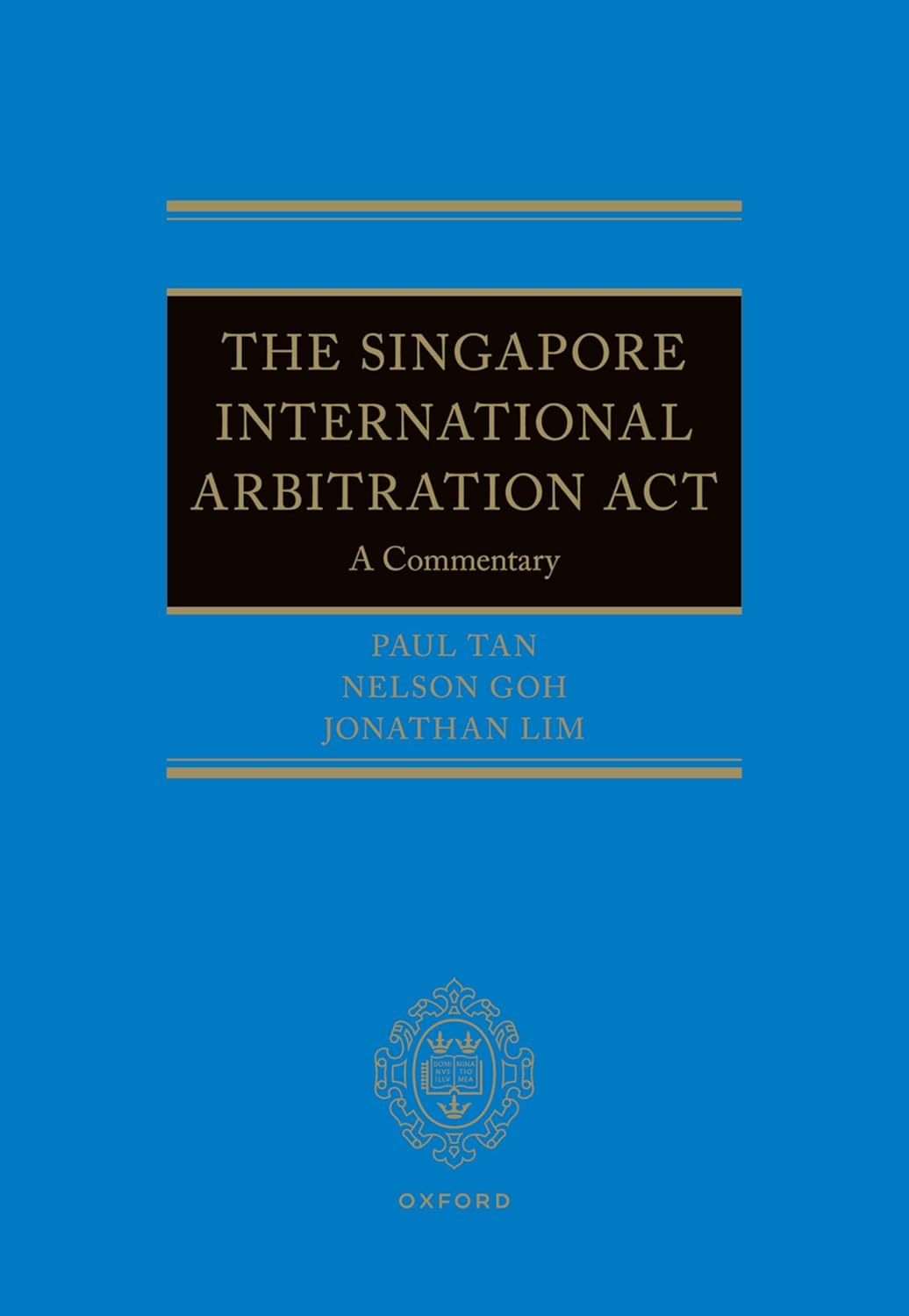ILO), IMF and the World Bank were organised to ensure peace, eco- nomic cooperation and development in an international order where sov- ereign national states were—at least in principle—committed to socioeconomic justice and the protection of human rights. Indicatively, prominent US social scientists like Robert Dahl and Charles Lindblom (1953) in their book Politics, Economics, and Welfare argued that it was important to build the right combination of state, market and democratic institutions to secure peace and well-being, since both unregulated capi- talism and communism had failed. Thus, in the domestic arena of many advanced capitalist countries, politics began to be centred on the creation of institutions and policies to guarantee a compromise between capital and labour. Most developed countries gradually became social democracies where the state would intervene to promote economic growth, full employment and social protection. Years later, concepts like ‘embedded liberalism’ (Blyth, 2002) or the ‘Keynesian compromise’ (Isaacs, 2011) were used to describe this post-World War II consensus as a unique policy combination where market and corporate activities became controlled, and restrained, by economic regulations and a web of social and labour protection policies. During the 1950s and 1960s, high rates of economic growth and industrialisation had been achieved in high- and low-income nations with simultaneous redistributive policies, strong trade unions and controls over the free mobility of capital and welfare state-building in the advanced capitalist countries supported by expanded public expenditures. One of the key outcomes of the ‘embedded liberalism’ in the post- World War II era was evidenced in the trend towards more equal income distribution, where the economic power of the upper class became gradu- ally restrained by the growing power of labour. Probably for the first time in economic history in the USA, the share of the national income of the top 1% fell from the 16% of pre-World War II rate, to less than 8% in the post-war era and stayed at the same level for almost three decades (Harvey, 2005). However, by the beginning of the 1970s a combination of slowing economic growth, the breakdown of the Bretton Woods system of fixed exchange rates, ‘stagflation’ and high unemployment put severe strains on state budgets. ‘Keynesian compromise’ appeared to have reached its limits and other alternatives to overcome the emerging crisis were called on. For its proponents, the moment of neoliberalism had arrived.
چکیده فارسی
ILO)، صندوق بینالمللی پول و بانک جهانی برای تضمین صلح، همکاری اقتصادی و توسعه در نظمی بینالمللی که در آن دولتهای ملی مستقل - حداقل در اصل - متعهد به عدالت اجتماعی-اقتصادی و حمایت از حقوق بشر هستند، سازماندهی شدند. . به طور مشخص، دانشمندان برجسته علوم اجتماعی ایالات متحده مانند رابرت دال و چارلز لیندبلوم (1953) در کتاب خود سیاست، اقتصاد و رفاه استدلال کردند که ایجاد ترکیب درستی از دولت، بازار و نهادهای دموکراتیک برای تأمین صلح و رفاه مهم است. هم سرمایهداری بینظم و هم کمونیسم شکست خورده بودند. بنابراین، در عرصه داخلی بسیاری از کشورهای پیشرفته سرمایهداری، سیاست بر ایجاد نهادها و سیاستهایی متمرکز شد تا سازش بین سرمایه و کار را تضمین کند. اکثر کشورهای توسعه یافته به تدریج به سوسیال دموکراسی تبدیل شدند که در آن دولت برای ارتقای رشد اقتصادی، اشتغال کامل و حمایت اجتماعی مداخله می کرد. سالها بعد، مفاهیمی مانند «لیبرالیسم تعبیهشده» (Blyth، 2002) یا «سازش کینزی» (Isaacs, 2011) برای توصیف این اجماع پس از جنگ جهانی دوم بهعنوان یک ترکیب سیاست منحصربهفرد که در آن فعالیتهای بازار و شرکت کنترل میشوند، استفاده شد. با مقررات اقتصادی و شبکه ای از سیاست های حمایت اجتماعی و کارگری محدود شده است. در طول دهههای 1950 و 1960، نرخهای بالایی از رشد اقتصادی و صنعتی شدن در کشورهای با درآمد بالا و پایین با سیاستهای توزیع مجدد همزمان، اتحادیههای کارگری قوی و کنترل بر تحرک آزاد سرمایه و دولتسازی رفاه در کشورهای پیشرفته سرمایهداری به دست آمد. با افزایش هزینه های عمومی حمایت می شود. یکی از پیامدهای کلیدی «لیبرالیسم تعبیه شده» در دوران پس از جنگ جهانی دوم در گرایش به سمت توزیع درآمد برابرتر مشهود بود، جایی که قدرت اقتصادی طبقه بالا به تدریج توسط قدرت رو به رشد نیروی کار مهار شد. احتمالاً برای اولین بار در تاریخ اقتصادی ایالات متحده آمریکا، سهم درآمد ملی 1 درصد برتر از 16 درصد نرخ قبل از جنگ جهانی دوم، به کمتر از 8 درصد در دوران پس از جنگ کاهش یافت و در همان سطح باقی ماند. همان سطح برای تقریباً سه دهه (هاروی، 2005). با این حال، در آغاز دهه 1970 ترکیبی از کند شدن رشد اقتصادی، فروپاشی سیستم نرخ ارز ثابت برتون وودز، «رکود تورمی» و بیکاری بالا فشارهای شدیدی بر بودجه دولت وارد کرد. به نظر میرسد که «مصالحه کینزی» به مرزهای خود رسیده است و جایگزینهای دیگری برای غلبه بر بحران در حال ظهور مطرح شده است. برای طرفداران آن، لحظه نئولیبرالیسم فرا رسیده بود.
ادامه ...
بستن ...
uat B. Akizhanov
Institute of Applied Research
Academy of Public Administration under the President of Kazakhstan
Astana, Kazakhs
ISBN 978-3-031-21767-8 ISBN 978-3-031-21768-5 (eBook)
https://doi.org/10.1007/978-3-031-21768-5
© The Editor(s) (if applicable) and The Author(s), under exclusive licence to Springer
Nature Switzerland AG 2023
This work is subject to copyright. All rights are solely and exclusively licensed by the
Publisher, whether the whole or part of the material is concerned, specifically the rights of
translation, reprinting, reuse of illustrations, recitation, broadcasting, reproduction on
microfilms or in any other physical way, and transmission or information storage and retrieval,
electronic adaptation, computer software, or by similar or dissimilar methodology now
known or hereafter developed.
The use of general descriptive names, registered names, trademarks, service marks, etc. in this
publication does not imply, even in the absence of a specific statement, that such names are
exempt from the relevant protective laws and regulations and therefore free for general use.
The publisher, the authors, and the editors are safe to assume that the advice and information
in this book are believed to be true and accurate at the date of publication. Neither the
publisher nor the authors or the editors give a warranty, expressed or implied, with respect to
the material contained herein or for any errors or omissions that may have been made.
The publisher remains neutral with regard to jurisdictional claims in published maps and
institutional affiliations.
This Palgrave Macmillan imprint is published by the registered company Springer Nature
Switzerland AG.
The registered company address is: Gewerbestrasse 11, 6330 Cham, Switzerland
ادامه ...
بستن ...










